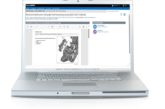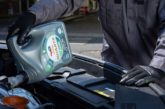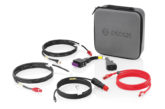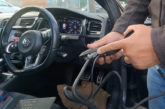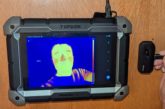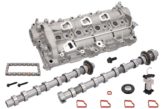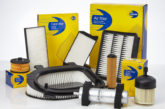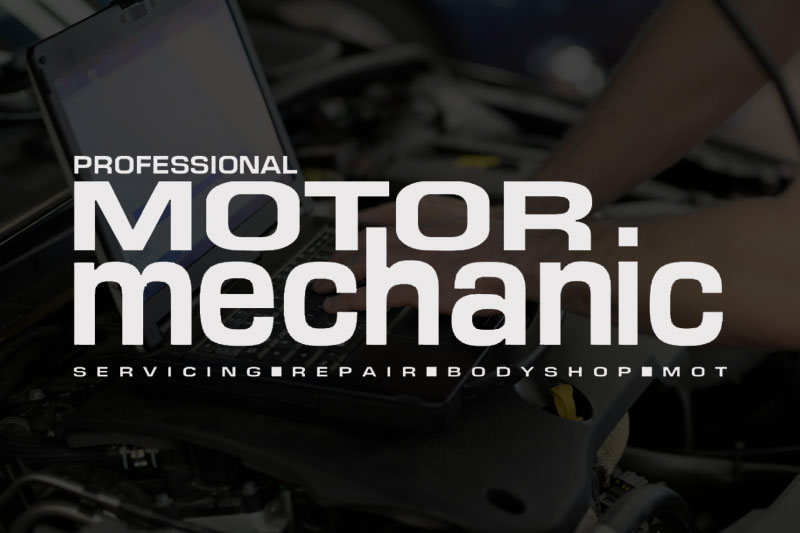
In our experience there are two primary causes of brake caliper failure:
1. Leaking
A dust cover is fitted to the caliper over the piston to prevent road dirt ingress. This debris – once on the polished face of the piston – will damage the internal piston due to the back and forth movement of the piston. The final result, over time, is a fluid leak. Because brake calipers have moving parts, there is the risk that friction can cause the brake lines through which the brake fluid travels to wear excessively and break. If the calipers begin to leak brake fluid, they will not build up enough pressure to force the piston in the caliper against the brake pad to stop the car.
Brake calipers must be replaced if they show any signs of leaks.
2. Seizing handbrake mechanism
Rear brake calipers usually have a handbrake mechanism. Over time road debris can enter the handbrake mechanism and displace the grease within the mechanism. The handbrake lever becomes stiff, seizes and eventually locks, preventing the handbrake mechanism from functioning. This occurs when the casting corrodes and the action of the rusting casting closes the bore around the actuator shaft, preventing the shaft from rotating freely.
As a remanufacturer, Remy can help to delay this part failure by adopting the best cleaning practices and ensuring plenty of grease is applied in the mechanism.
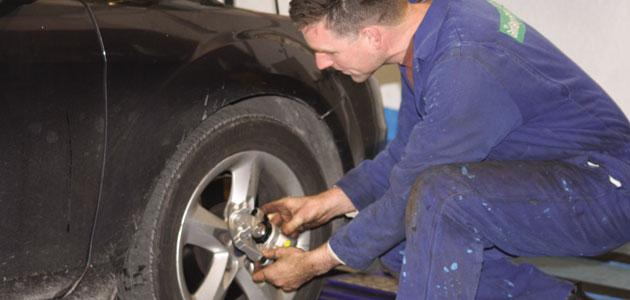
“For brake caliper remanufacturing specifically, Remy adopts a number of processes to ensure that the remanufactured caliper is as good as it can be.”
EPB calipers – are they prone to failure?
Advancements in electric park brake caliper technology has seen further growth in the value of the caliper market. When initially launched, if an EPB caliper failed then an OE replacement caliper was the only solution for the independent garage. Remanufacturers have, however, been able to catch up and are now able to offer very good quality remanufactured EPB calipers as an alternative to new product.
The EPB caliper motor is prone to failure due to the caliper casting corroding and expanding. This expansion then cracks the motor housing. The crack will allow water ingress into the motor housing, causing the bearings in the internal mechanism to rust and seize, and the handbrake mechanism to fail.
For remanufacturers the cleaning and remanufacture of the casting and piston on an EPB caliper is no different to any other caliper. The challenge comes in how to repair the motor housing that has cracked as a result of the corrosion derived expansion.
Remy has devised a means of repairing the motor housing using a repair patch and adhesive that makes the replacement stronger than the original part. This helps to ensure that any future corrosion will not crack the housing again.

